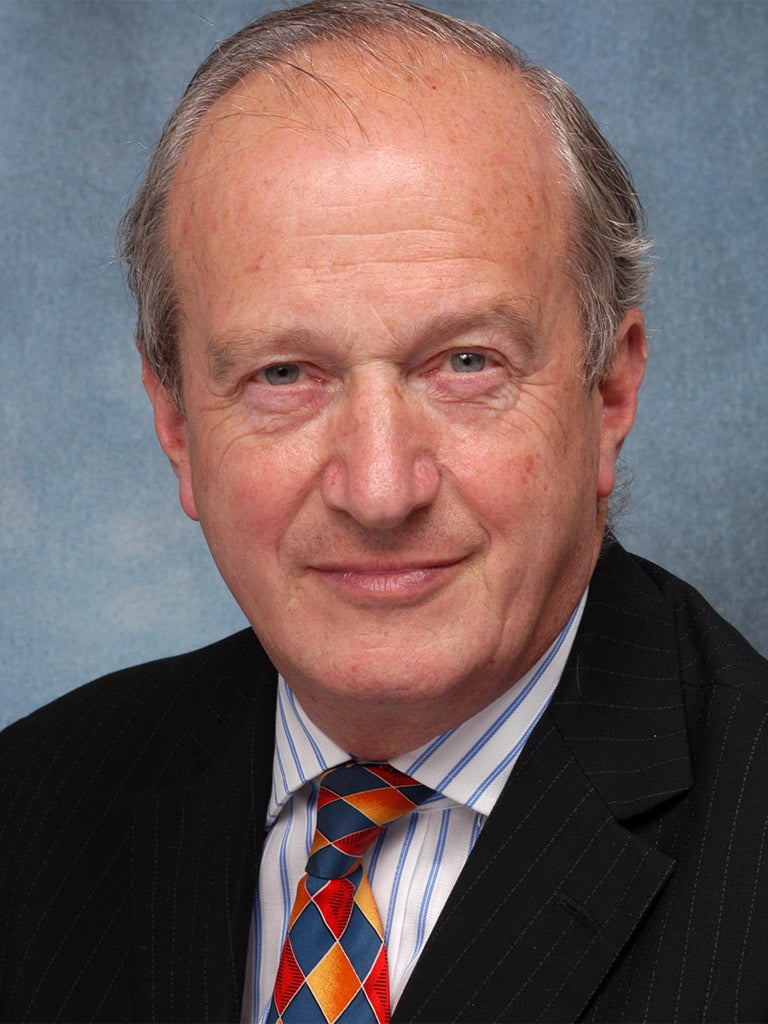Press watchdog must have more power, says chief
PCC chairman heralds industry consensus for new body and tougher regulations

The Press Complaints Commission should be overhauled and handed much tougher legal rights to view documents, summon witnesses and impose fines, its new chairman Lord Hunt of Wirral recommended yesterday, as he sought to fight off the prospect of new laws controlling newspapers.
In a decisive break from the past two decades of the PCC, the former Conservative Cabinet minister told the Leveson Inquiry that strengthening its powers was a safer alternative to statutory regulation, which he warned would be exploited by politicians to muzzle independent journalism.
Forcing Commission members to sign legal contracts abiding by its rules should be enought to save the PCC, he said. The body has been criticised for being duped about the extent of illegal newsgathering techniques at red-top newspapers and failing to protect ordinary people and celebrities from twisted coverage, abuse and harrassment.
Lord Hunt told Lord Justice Leveson's inquiry: "I have come to the conclusion that we do urgently need a fresh start and a totally new body with substantially increased powers to audit and enforce compliance with the code, to require access to documents, summon witnesses when necessary and also to impose fines, all backed by the commercial contracts."
The former Conservative politician said the current PCC had some aspects of a regulator but fell short of the robustness called for by Sir David Calcutt's report into press regulation in 1993. He recommended that an improved PCC should have two arms, one dealing with complaints and mediation and one enforcing compliance with its code. A named individual in each media group would be responsible for compliance.
Asked whether newspapers would back his plan, he said there was already consensus support among newspaper proprietors and editors, disclosing that Richard Desmond's Express and Star stable had privately indicated they would rejoin the PCC in its new tougher form.
Asked by Lord Justice Leveson whether politicians might use an Act of Parliament to control the press, Lord Hunt said: "Yes, and they have told me so, many of them in both houses. And that is what is driving me forward to find a solution."
In earlier tetchy exchanges, the former PCC chairman Sir Christopher Meyer defended his stewardship of the body between 2003 and 2009 when it failed to uncover widespread phone hacking at the News of the World. He admitted that in hindsight its report into phone hacking after the jailing of the paper's royal editor Clive Goodman "wasn't adequate", but dismissed a suggestion from the inquiry's counsel Robert Jay that the PCC should have done more.
He told Mr Jay: "The idea that we should work on the assumption...that the police inquiry was inadequate and we needed to add to the efforts that they had made by sending some kind of quasi-police force into the News of the World, I have to say, Mr Jay, is entirely fanciful."
